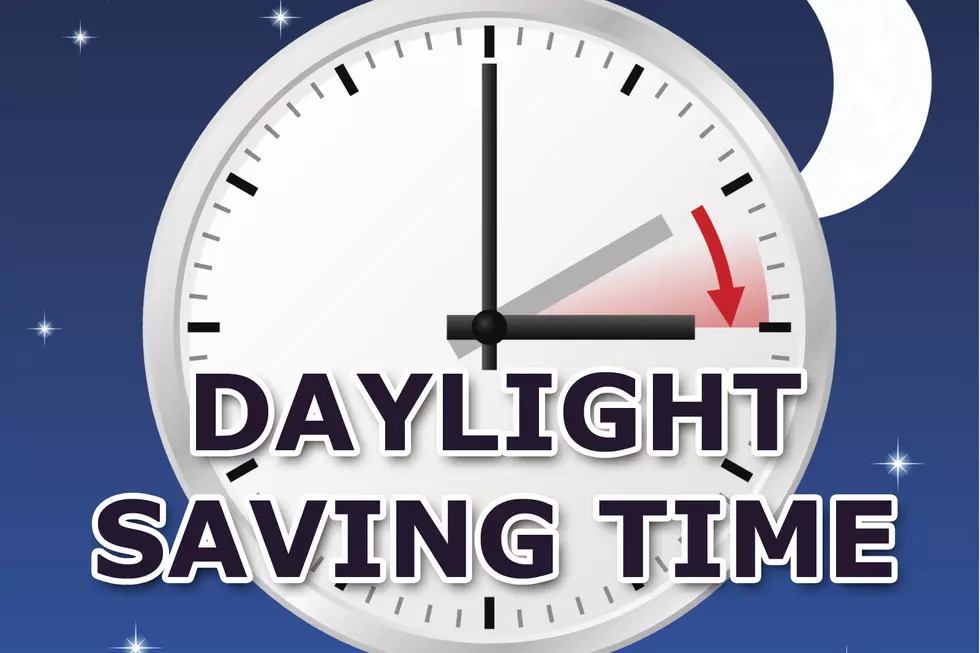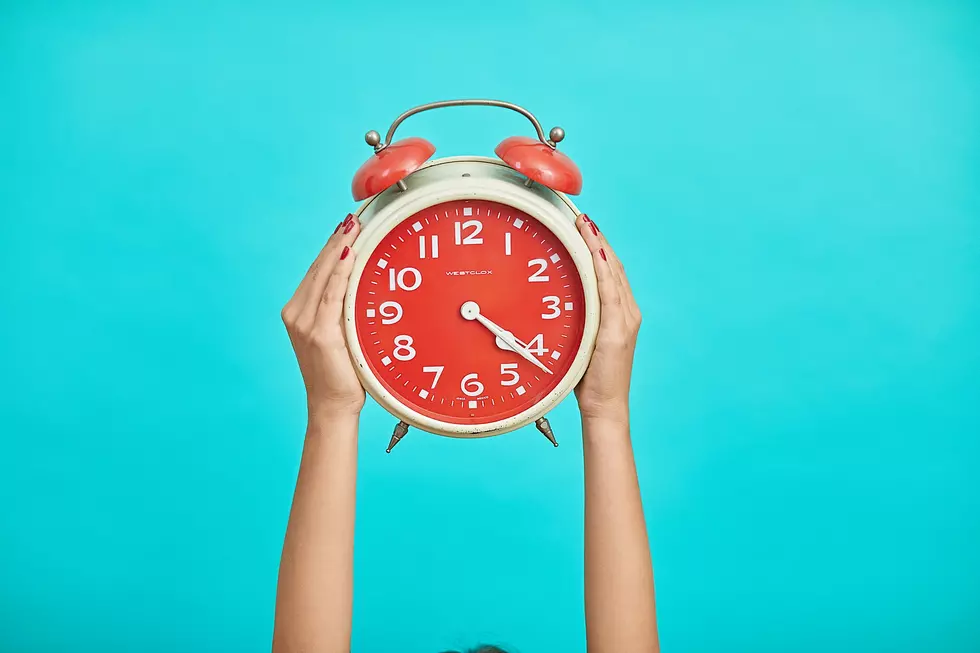
Daylight Saving Time’s Negative Effects on Minnesotans
A sign of spring is coming with daylight saving time. Minnesotans can't wait to see more light later in the day, but there's some negative effects that happen immediately after turning the clocks ahead an hour.
Let me just start by saying that almost everybody mispronounces how it's said -- It's "daylight SAVING time", there's not an "s" at the end of "saving". Ok, now that we've got that out of the way...
Early Sunday morning at 2am we turn our clocks forward for daylight saving time. As much as Minnesotans love the thought of it staying lighter outside later in the day, there's more negative effects from this than there are good.
The most obvious negative about the spring daylight saving time is that we technically lose an hour of our day. When you wake up on Sunday morning, it's actually an hour later and the weekend is over that much quicker. Thankfully we don't change the clocks on Monday morning, cause there'd be a lot of cranky, under slept people everywhere.
That leads me to the next negative. Apparently we can't catch up to this change on Sunday and the effects from it follow us on Monday. There's been a number of studies on how daylight saving time effects Americans, according to Delaware Online, and it makes me want to avoid coming in contact with people on Monday!
Here are some of the facts that were found about the Monday after daylight saving time:
- Heart attacks increase on Monday. One study found that on Mondays after the time springs forward, hospitals see a 25% increase in heart attacks.
- Car accidents go up. Apparently we are still trying to catch up on lost sleep on Sunday. Car wrecks go up a whopping 8%!
- Overall stress levels are higher. This is likely because the sun isn't up in the morning as early as we're use to, so we feel like we're getting up earlier. There's a 5% increase in our stress levels that's directly due to cortisol spikes in our body. This leads to all kinds of troubles in human interaction.
There are 2 states in the U.S. that refuse to observe daylight saving time -- Hawaii and Arizona. Also, Florida is currently pushing Congress to give them a free pass on daylight saving time. The sunshine state isn't huge on winter nights dimming so early for their vacationers and snow birds.
Minnesotans are pretty used to our dark winters, where it feels like the sun sets at 4pm by the end of December, and we just roll with it. We don't seem to mind as there's not much to do outside, anyways, when it's bone-chilling cold. We just turn all the lights on inside the house and make our hot dish while watching Netflix.
More From 103.7 The Loon









